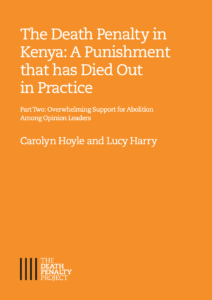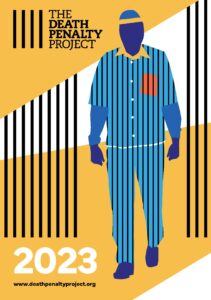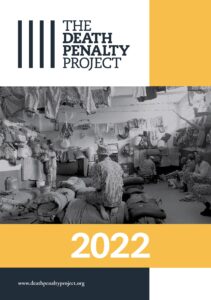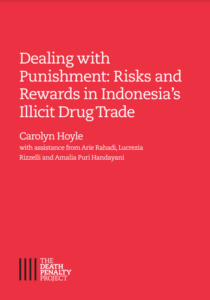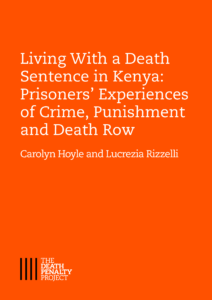The Death Penalty in Kenya: A Punishment that has Died Out in Practice, Part Two - Overwhelming Support for Abolition Among Opinion Leaders
- Reports and Studies
- 14 Jun 2022
In 2021, The Death Penalty Project and the Kenya National Commission on Human Rights, in partnership with the Australian National University commissioned Prof. Carolyn Hoyle, Director of The Death Penalty Research Unit, at the University of Oxford, to undertake research in order to provide accurate data on attitudes towards the death penalty in Kenya and facilitate a constructive conversation on the future of capital punishment. The research examined the views of both the general public in Kenya and also opinion formers, those considered influential in shaping, and responding to, national views.
Part Two: Overwhelming Support for Abolition Among Opinion Leaders – Interviews were conducted with 42 opinion leaders; people considered influential in shaping, or in responding to, public opinion from across Kenya.
Key findings:
- The vast majority of opinion formers that took part in the interviews were in favour of abolishing the death penalty.
- 90% of opinion formers were in favour of abolishing the death penalty
- 82% of opinion formers were strongly in favour of of abolishing the death penalty
- Most of the opinion formers interviewed were very well informed on the administration of the death penalty in Kenya.
- Across both groups there were concerns around the possibility that innocent people could be sentenced to death.
- 88% of opinion formers believe wrongful convictions occur fairly regularly
- 93% of opinion formers thought Kenya should be influenced by high rates of abolition around the world
- Opinion formers believed that 75% of the public would accept abolition of the death penalty, despite initial reservations.
Read Part One: A Public Ready to Accept Abolition, here.

